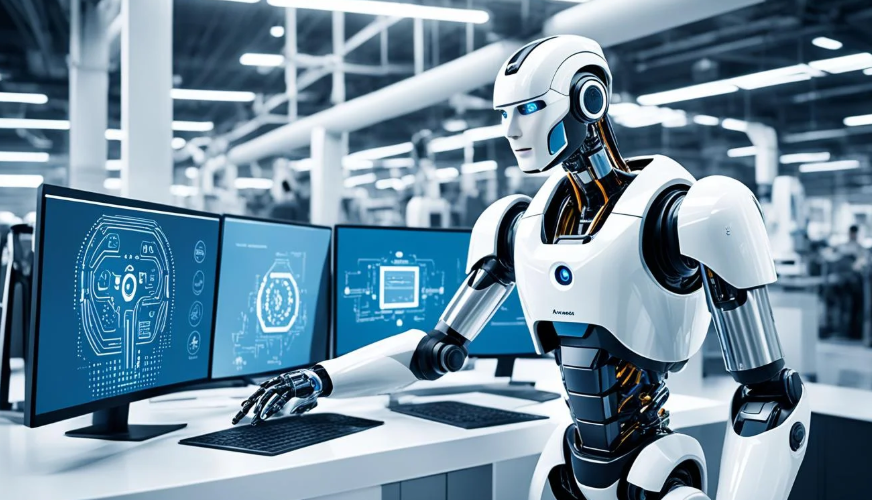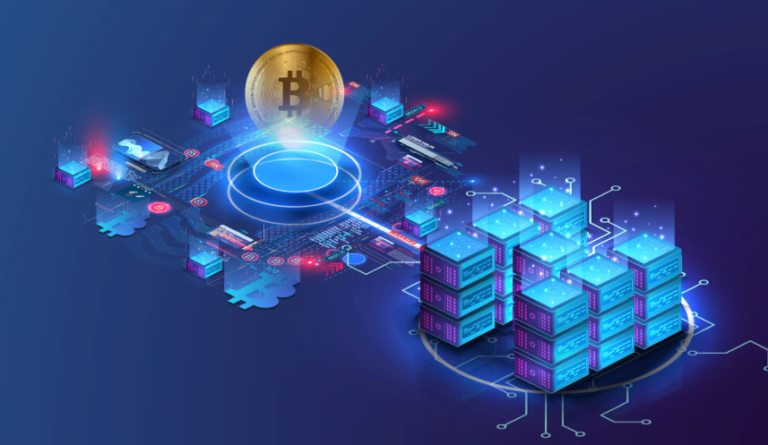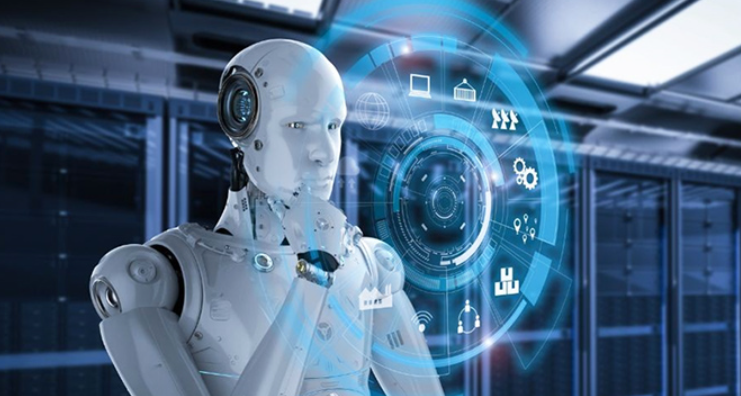How Artificial Intelligence is Transforming Everyday Life
Artificial Intelligence (AI) has moved far beyond the realm of science fiction and is now an integral part of our everyday existence. From simplifying mundane tasks to revolutionizing complex industries, AI is quietly reshaping the way we live, work, and interact. This article explores how artificial intelligence is transforming everyday life, its impacts across various domains, and what the future holds for this groundbreaking technology.
Introduction to Artificial Intelligence
Artificial Intelligence refers to the simulation of human intelligence processes by machines, especially computer systems. These processes include learning (acquiring information and rules), reasoning (using rules to reach conclusions), and self-correction. AI’s origins date back to the 1950s, but recent advancements in computing power, big data, and machine learning have accelerated its real-world applications significantly.
Today, AI is more than just an academic concept; it’s a powerful tool influencing everyday decisions and enhancing the quality of life worldwide. Whether through voice assistants, personalized recommendations, or medical diagnostics, AI’s presence is undeniable.
See also: wanofi
AI in Personal Devices and Home Automation
One of the most visible ways AI affects daily life is through personal devices and smart home automation. AI-powered assistants like Amazon’s Alexa, Apple’s Siri, and Google Assistant have made interacting with technology seamless and hands-free. These assistants can answer questions, set reminders, control home devices, and even engage in simple conversations.
AI also underpins smart security systems that monitor homes, recognize unusual activity, and notify homeowners of potential threats. Meanwhile, IoT-enabled smart appliances—such as refrigerators that track groceries or thermostats that learn your schedule—use AI to optimize energy use and convenience, making everyday living more efficient and comfortable.
AI Revolutionizing Communication
Communication has been transformed by AI in multiple ways. Language translation tools powered by AI now enable real-time conversation across language barriers, fostering global connectivity. Customer service chatbots handle inquiries 24/7, providing quick responses and freeing human agents to tackle more complex issues.
Social media platforms employ AI to curate personalized content feeds, detect harmful behavior, and even suggest relevant connections, shaping how people engage and share information online.
Impact of AI on Healthcare
AI’s influence in healthcare is profound. Algorithms analyze medical images with remarkable accuracy, assisting doctors in diagnosing diseases early and more reliably. AI also helps tailor treatment plans based on patient data, leading to personalized medicine approaches.
Wearable health devices track vital signs and predict potential health issues, enabling preventive care. Telemedicine, enhanced by AI, makes medical consultation accessible from remote locations, improving healthcare equity and convenience.
AI in Transportation and Mobility
Transportation is another sector rapidly evolving thanks to AI. Self-driving cars promise to reduce accidents caused by human error, while AI-driven traffic management systems ease congestion in bustling cities. Public transport benefits from AI through optimized routes and schedules, improving efficiency and passenger experience.
Ride-sharing apps use AI to match riders with drivers efficiently, calculate fair pricing, and even suggest travel routes, making daily commutes more convenient and reliable.
AI Enhancing Education and Learning
Education is undergoing a digital transformation fueled by AI. Personalized learning platforms adapt to individual student needs, pacing, and learning styles, helping each learner achieve their potential. AI tutors provide on-demand support, answering questions and explaining concepts clearly.
Automation of administrative tasks like grading and attendance frees educators to focus more on teaching and student engagement. Virtual classrooms powered by AI tools make education more interactive and accessible globally.
AI in Entertainment and Media
Entertainment is becoming increasingly immersive with AI. Streaming services use AI algorithms to recommend movies, music, and shows tailored to user preferences, enhancing the viewing experience. AI-generated media and virtual reality create new artistic possibilities and interactive storytelling.
Gaming leverages AI to create intelligent non-player characters (NPCs) and dynamic game environments, offering players more engaging and personalized challenges.
AI in Finance and Shopping
In finance, AI protects users from fraud by detecting unusual transaction patterns swiftly. Banks employ AI for personalized financial advice, streamlining customer service, and improving risk assessment.
Online shopping is transformed by AI-driven recommendation engines that suggest products based on browsing history and preferences. Automated trading systems use AI to analyze market trends and execute trades faster than humans can.
AI’s Role in Environmental Sustainability
AI contributes to environmental sustainability by optimizing energy consumption in smart grids and buildings. It also plays a crucial role in climate modeling, helping scientists predict weather patterns and natural disasters more accurately.
AI-powered systems assist in waste management by improving recycling processes and monitoring conservation efforts, aiding global initiatives to protect the planet.
Ethical Considerations and Challenges of AI
Despite its benefits, AI raises important ethical questions. Privacy concerns arise as AI systems collect and analyze vast amounts of personal data. There is also the risk of bias in AI algorithms, which can perpetuate social inequalities if not properly managed.
The potential for job displacement due to automation requires thoughtful economic planning and workforce retraining. Responsible AI development and regulation are essential to balance innovation with societal well-being.
The Future of AI in Everyday Life
Emerging AI technologies promise even greater integration into daily life. Advances in natural language processing, computer vision, and robotics will lead to more intuitive human-AI collaboration. Preparing society involves investing in education, ethics, and infrastructure to harness AI’s full potential responsibly.
Frequently Asked Questions (FAQs)
1. What are the most common AI applications in daily life?
AI applications include voice assistants, personalized recommendations, smart home devices, healthcare diagnostics, and autonomous vehicles.
2. How safe is AI in personal devices?
While AI improves convenience, privacy risks exist. Manufacturers implement security protocols, but users should remain vigilant about data sharing.
3. Can AI replace human jobs entirely?
AI will automate some tasks, but many jobs require human creativity and empathy. The future involves human-AI collaboration rather than replacement.
4. How does AI impact privacy?
AI systems collect data to function effectively, raising concerns about how data is stored, shared, and used. Transparent policies and regulations are crucial.
5. What role does AI play in healthcare improvements?
AI enhances diagnostics, treatment planning, patient monitoring, and access through telemedicine, leading to better outcomes.
6. How will AI shape the future of education?
AI will offer personalized learning experiences, automate administrative duties, and expand access to quality education worldwide.
Conclusion
Artificial intelligence is no longer a distant concept but a transformative force shaping everyday life across personal, professional, and societal spheres. By improving convenience, enhancing safety, and enabling new possibilities, AI enriches our world. Embracing AI responsibly—with attention to ethics and inclusivity—will ensure it continues to serve humanity’s best interests as it evolves.



